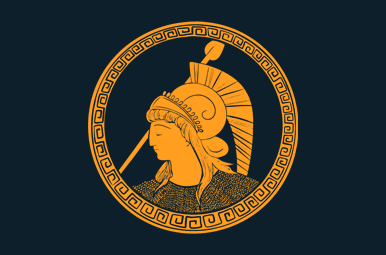In the worlds of Greek mythology and feng shui, the duck is a symbol of fidelity and faithfulness. If we look at its etymology in the English language, the word ‘duck’ comes from the Old English ‘duce’, itself derived from a verb meaning ‘to duck, dive’. Fast forward a couple thousand years, diving into the world of iPhones and autocorrect – a subject we can aptly term “autocorrecthology” – the word has become synonymous with the phrase “ducking hell” (followed by, “for duck’s sake autocorrect!”).
Rather than being a sign of faithfulness or, literally, a diving duck, this duck is quite the opposite, intending to be a multifaceted expletive to vent, amuse and show emotion. But what once was a common occurrence for the everyday WhatsApper, transitioning from a semi-amusing frustration from expressing frustration to simply an expected outcome, will be no more.
Last week Apple announced an upgrade to its autocorrect feature that will stop you sending “ducking hell’s” on repeat. And who’s at it again? Yep, it’s that ever-present AI.
Taking advantage of the transformer model seen in the likes of ChatGPT, the AI is able to learn the words – and now swear words – you repeatedly use in relation to their context and thereby better predict phrases (and when you just want to drop the F-bomb). It’s an example of how the technology is being used to refine processes, providing a texting tweak instead of overhauling a system.
AI’s been at it for a while
While conversation rightly swirls around how best to ethically progress AI’s development, with a much needed focus on AI for good over AI for superiority, it’s these smaller amends that will enhance our daily lives – and already are.
From displaying product recommendations on social media to optimising travel routes on maps, AI has been a prominent player in our daily activities (without us even labelling these changes as “AI”). Moreover, when it comes to the working world and task management, for example, it can quite literally help us get our ducks in a row. And its ability to analyse swathes of data quickly can help with making business workflows much more efficient and effective.
Small and steady
The focus here is on implementing the technology as a tool to make our lives easier, creating objective improvements without exacerbating bias or infringing on data privacy. Ironically, there’s often been a fear in the tech PR world to adopt new tech. How we use it, manage it and integrate it will be key – and a focus on small enhancements seems a good place to start.
The iPhone era has given a whole new meaning to the word duck. Yet for now, with Apple’s latest upgrade, there’ll be no more ducking about. AI’s sure to be at it for a while longer.
Duck it, let’s put a plug in: if you want to read more about AI’s role in PR, check out our blog by our MD Ilona here.
Related Articles

Need top level insights into the UK tech market? Come to an evening with TechMarketView
Article by:Ilona Hitel


